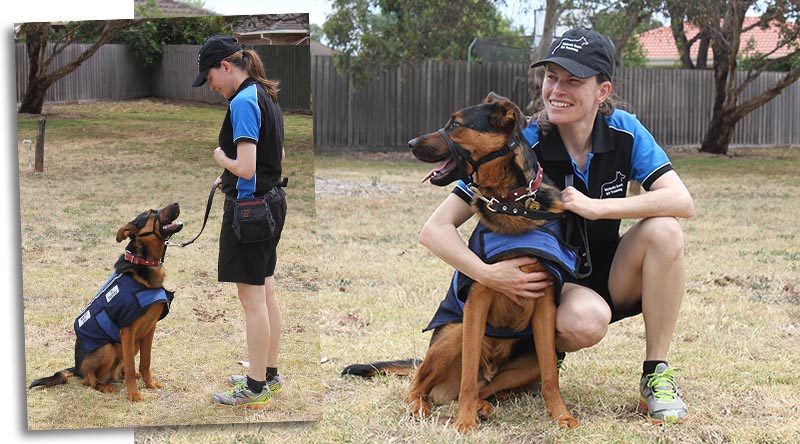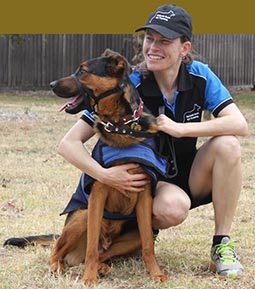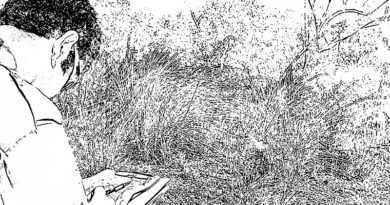K9 Training – motivating your dog

.
Dog training tips with Melanie Scott K9 Training
Hello, my name is Melanie Scott. Welcome to CONTACT’s first dog training-tips column.
In this column I’ll be covering a range of topics relating to basic dog training, dog behaviour, background into the role of PTSD Service Dogs and tips on how to get the most out of your relationship with your dog.
My aim is to provide readers with both the knowledge and information to assist in training your dog, be it as a companion dog at home or training to provide specific therapy- or service-dog roles.
This column will cover a range of different training tips all of which I’ve used to train my own dogs and my clients’ dogs.
My goal is for everyone to achieve a healthy and happy human-canine bond through teamwork.
In this first instalment I will discuss an important, yet often overlooked aspect of dog training – motivating your dog.
Training session #1:
Motivating your dog
In order to get the best out of training sessions with your dog you need to find out what motivates him.
Different dogs are motivated by different things. What does your dog value the most? – food, toys, attention (pats, cuddles or praise)?
Look at the kind of food you use when training your dog.
Experiment with different kinds of food treats – roast chicken, liver treats, Devon?
Which treat does he prefer?
Only use this food during training. It will hold more value if he isn’t allowed free access to it.
Treats come from you!
Keep the treat size small. Bigger treats will fill your dog quicker, meaning he won’t be as motivated to work.
Does your dog have a favourite toy?
Does he like squeaky toys, soft fluffy toys, balls, tug-of-war?
Keep his favourite toy aside and only use it to reward him during training.
You aren’t being mean by keeping his favourite toy as a training tool. Don’t worry, he’ll find another favourite soon enough.
When a dog doesn’t have access to a toy all day every day it makes it more special to him.
When he is allowed to play with this toy again it makes it more exciting, and make him more motivated to work for it.
Importantly, the toy has to be his favourite toy, not yours! Even if that means it’s the half-destroyed tennis ball he treasures rather than the small fluffy toy you bought him last week.
If your dog isn’t interested in food or toys – no problem, you can use praise as your training reward.
Many dogs simply love to be praised, patted, cuddled or given a neck scratch.
Make a big deal when he does the right thing. Lots of “good boy” and pats.
Praise in a higher pitch than your normal voice not only helps him distinguish what is a reward but it builds excitement – and excitement means motivation.
And remember to have fun! Don’t make training a chore, otherwise neither you nor your dog will be motivated to participate.
.
.
,
Melanie Scott is a former police officer with PTSD. She is a qualified dog trainer who is passionate about dogs and helping first responders. Melanie Scott K9 Training (MSK9T) offers a variety of services including group dog-obedience classes, puppy classes, private in-home consults, as well as therapy and service-dog training. You can contact Melanie on 0448 395 797 or visit her web site.
.
.
.
.
.
.
.
.

.
.






